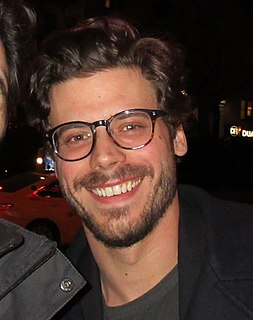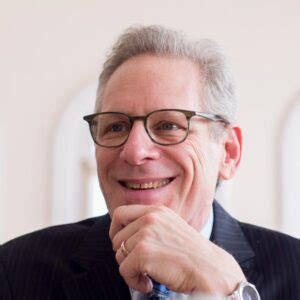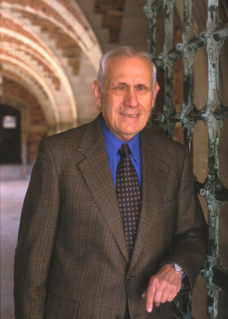A Quote by Ferdinand de Saussure
It is useful to the historian, among others, to be able to see the commonest forms of different phenomena, whether phonetic, morphological or other, and how language lives, carries on and changes over time.
Related Quotes
I've been around a long time and I've found that these forms, whether it's the cartoon, or whether it's a play, or all these dying forms refuse to die. Something happens to rejuvenate them and it will certainly happen to the political cartoon. It will come back. But whether it's on the internet, or whether it's in some other form, however that works, whether it looks the way it looks now, or entirely different, I have no idea. And thank God I don't have to worry about it.
To see ourselves as others see us can be eye-opening. To see others as sharing a nature with ourselves is the merest decency. But it is from the far more difficult achievement of seeing ourselves amongst others, as a local example of the forms human life has locally taken, a case among cases, a world among worlds, that the largeness of mind, without which objectivity is self-congratulation and tolerance a sham, comes.
One of the most useful parts of my education as a writer was the practice of reading a writer straight through - every book the writer published, in chronological order, to see how the writer changed over time, and to see how the writer's idea of his or her project changed over time, and to see all the writer tried and accomplished or failed to accomplish.
I'm not just interested in the thoughts I have, but also in others' thoughts, and why not carry those forward? That's why American fiction can be so thin. All these fears, like not seeming to be original - I mean, hell, most stuff isn't. The question is whether you can articulate your thoughts for the moment in which you're living, which is a different time. Say them in a newer way. There are new events, and language changes - sensibilities change. We are writing in and of the time we're in. Oh, it's a weird time.
I have not been able to discover the cause of those properties of gravity from phenomena, and I frame no hypotheses; for whatever is not deduced from the phenomena is to be called a hypothesis, and hypotheses, whether metaphysical or physical, whether of occult qualities or mechanical, have no place in experimental philosophy.
Literature is a form of language that breaks with the whole definition of genres as forms adapted to an order of representations, and becomes merely a manifestation of a language which has no other law than that of affirming in opposition to all other forms of discourse its own precipitous existence.
If anything, I'm overacting in the ring because of the facials and the body language. I want the guy in the cheap seats to be able to see what I'm thinking, the expression on my face. But when you're filming a movie, it could be a two- or three-camera shot, and you're doing it over and over and over again. It's not live TV; it's a lot different.



































